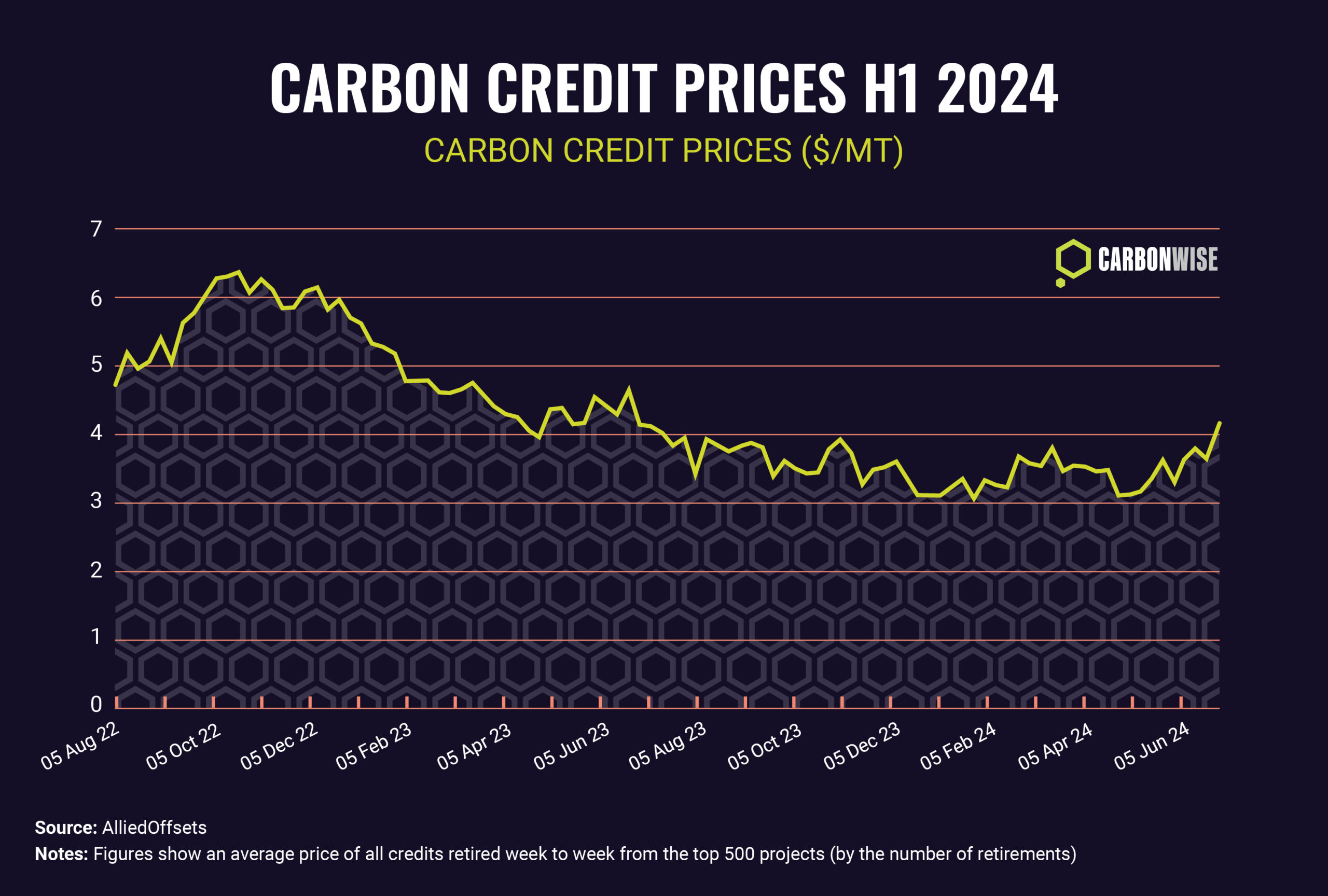Carbon Justice: Climate Change’s Unequal Burden and the Pursuit of a Fairer World
Climate change has had an unequal impact on developing nations and economically vulnerable communities. As the world wrestles with the challenge of global warming, attention has focused on the historical responsibility for climate change, its uneven consequences, and the concept of climate justice. Utilising data from sources like the Global Carbon Project (GCP), the United Nations (UN), and the Intergovernmental Panel on Climate Change (IPCC), this article explores these topics in depth.
Tracking the Culprits
Since the Industrial Revolution, human activity, such as burning fossil fuels, deforestation, and industrial processes have released approximately 2,610 billion metric tons of carbon dioxide (CO2) into the atmosphere.
Developed countries have primarily been responsible for historical emissions. GCP data reveals that, since 1850, the United States and the European Union accounted for 25% and 22% of cumulative CO2 emissions, respectively. However, developing countries such as India and China have become significant emitters of greenhouse gases in recent decades due to their rapid economic growth and industrialisation.
In 2021, China was the largest emitter of CO2, accounting for 31% of global emissions, followed by the United States (14%), the EU-27 (8%), India (7%), and Russia (5%). Despite their growing emissions, most developing countries often lack the resources and technology needed to transition to a low-carbon economy.
Developed countries have a responsibility to provide financial and technological assistance to support developing countries’ climate action. This responsibility is enshrined in various agreements of the United Nations, which have established mechanisms for wealthy nations to transfer technology and know-how to developing countries, but more help is needed.

Uneven Impact
Climate change’s effects are not uniformly distributed. Developing countries and economically disadvantaged populations often bear the brunt of these impacts. The Intergovernmental Panel on Climate Change’s Sixth Assessment Report points out that nearly half of the global population resides in regions highly susceptible to climate change.
In the past decade, deaths resulting from droughts, floods, and storms were 15 times higher in the most vulnerable regions. These populations, despite contributing minimally to the problem, are disproportionately affected due to inadequate infrastructure, and a lack of resources to adapt to climate change.

The Quest for Climate Justice
Climate justice recognises that the responsibility for climate change and its consequences are not equally shared. It seeks to address these disparities by ensuring that policies and measures prioritise the needs and interests of vulnerable populations.
Climate justice entails providing financial support for adaptation and mitigation measures, technology transfer, and capacity-building efforts in developing nations. The principle of “common but differentiated responsibilities and respective capabilities” acknowledges that while all nations share the responsibility for addressing climate change, developed countries should take the lead in offering support to developing nations.
COP27: A Step Forward
The COP27 UN climate summit in November 2022 resulted in the Sharm el-Sheikh Implementation Plan, which established a fund to address “loss and damage” from the impacts of climate change. This fund aims to assist developing countries in covering the costs of damages caused by climate change-related floods, storms, and droughts.
Over the next year, a committee comprising representatives from 24 countries will determine the fund’s structure, contributors, and distribution, marking a significant stride in climate justice endeavours.
The need for this fund is illustrated by the devastating floods in Pakistan over the summer of 2022. The floods pushed one-third of the country underwater and were exacerbated by global warming. They were responsible for 1,500 deaths and caused roughly $30 billion in damages, all as Pakistan contributes less than 1% of the world’s emissions.
Pakistan led a group of 134 developing nations pushing for loss and damage payments, and the creation of this “climate justice” fund gives some credibility to the COP process, offering hope to vulnerable communities worldwide who are fighting for their survival from climate stress.
A Decisive Decade
The IPCC emphasises that the current decade is critical for climate action. To achieve the Paris Agreement’s goal of limiting the global temperature rise 1.5°-2°C above pre-industrial levels, global emissions must be reduced by nearly 43% by 2030.
UN Secretary-General António Guterres has called for an “acceleration agenda” involving all G20 nations. He urged developed countries to advance their net-zero commitments from 2050 to as close as possible to 2040 and emerging economies to set their net-zero targets “as close as possible” to 2050.
Emerging economies face the challenge of balancing their economic growth with climate action. This means finding ways to achieve sustainable economic development while reducing greenhouse gas emissions.
Potential solutions include investing in clean technology, promoting energy efficiency, and implementing sustainable land use and transportation policies. Carbon markets can play a significant role in supporting these efforts by providing incentives for emissions reductions and funding for sustainable development initiatives.
Carbon justice requires recognising the unequal distribution of climate change impacts, responsibilities, and resources. The pursuit of a fairer future necessitates global cooperation, particularly from G20 nations, and a commitment to executing mitigation and adaptation measures across all sectors of the global economy.
Financial support, technology transfer, and capacity-building efforts are crucial for enabling developing countries and economically disadvantaged populations to adapt and prosper in a changing climate. By prioritising climate justice, the international community can collaborate to create a more equitable, resilient, and sustainable future for all, shaping a world where the burdens and benefits of climate action are shared more fairly.





